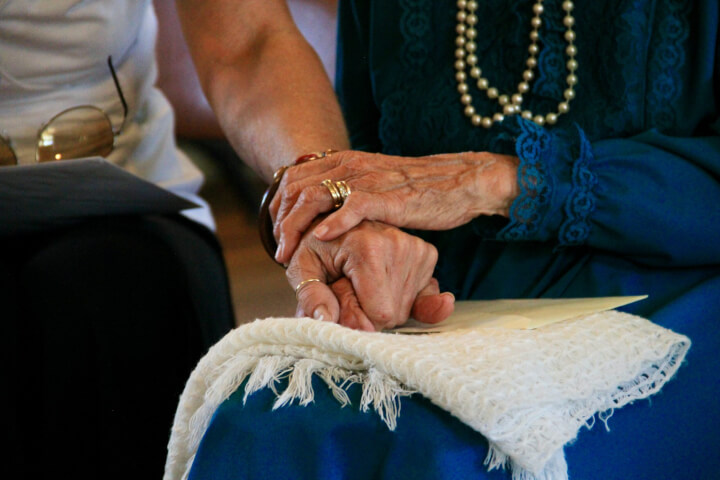The experiences you go through are what make you into the person you are today.
How you were raised, the people you interact with, and the choices you make each and every day.
You receive a lot from your parents and family members. You may have your father’s eyes, your mother’s hair, or your grandfather’s height.
Think about the traditions you hold as a family. During holidays, you may stick to a certain schedule or cook recipes that were used from your childhood.
Physical features and recipes aren’t the only things that can get passed on from generation to generation. Unfortunately, generational trauma can also be passed on.
Here’s how to break the curse of generational trauma.
Acknowledge Your Feelings
First things first, it’s important to acknowledge your feelings. One of the main reasons that trauma is passed on from generation to generation is that previous family members, including yourself, keep burying your true feelings deep, down inside. The longer you dismiss how you actually feel, the longer it will take to actually accept and work through those thoughts, feelings, and emotions. You can’t work on resolving the problem if you keep acting like there isn’t one.
Talk to Your Family
If you feel comfortable discussing generational trauma with your family, it can help you start the process of better understanding the trauma and learning to move forward. Take the time to learn as much as you can about generational trauma. Ask your parents or grandparents questions about their past. Pay attention to any patterns that may have occurred and note them for your own life.
Learn to Forgive
Forgiveness can be a hard thing to master. In order to let go of the years of generational trauma, forgiveness is an essential step in the process. You don’t have to forget what occurred, but you can use forgiveness to allow yourself to move forward again. If you notice that a family member is showing negative signs of generational trauma, you can choose whether to associate with them or help them change. The decision is yours to make, no one else’s.
Hold Yourself Accountable
In addition to holding the members of your family accountable, make sure you’re doing the same for yourself. Acknowledging your feelings and speaking to your family can help with this step and being able to truly hold yourself accountable. The more you learn about your family’s generational trauma, the more you’ll be able to pinpoint certain interactions, beliefs, or ways of thinking that may stem from the trauma. If and when you make mistakes due to generational trauma, hold yourself accountable. You won’t be able to be perfect all of the time, and that’s okay. It’s a learning process. The generational trauma took years to develop and pass on, so you won’t change it overnight. Stay patient and keep at it!
Seek Additional Support
You don’t have to resolve years of generational trauma all on your own. You shouldn’t expect that out of yourself either. Although there are things you can do on your end to try to help with the process, you may need to seek additional support.
Asking for help isn’t a bad thing. Many people believe it’s a sign of weakness when in reality it can be a sign of strength. Reaching out for help proves that you want to get or be better.
A therapist can help you get to the root cause of the generational trauma that you may be carrying with you. They’ll be able to work with you to better manage and process any associated signs and symptoms.
Don’t delay in getting the help you need and deserve. Your generational trauma doesn’t define you.
Reach out to us today to set up a consultation for trauma therapy.

